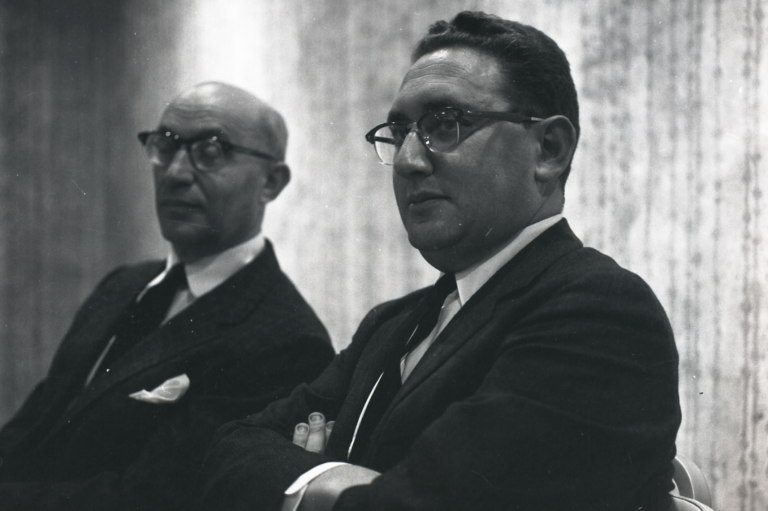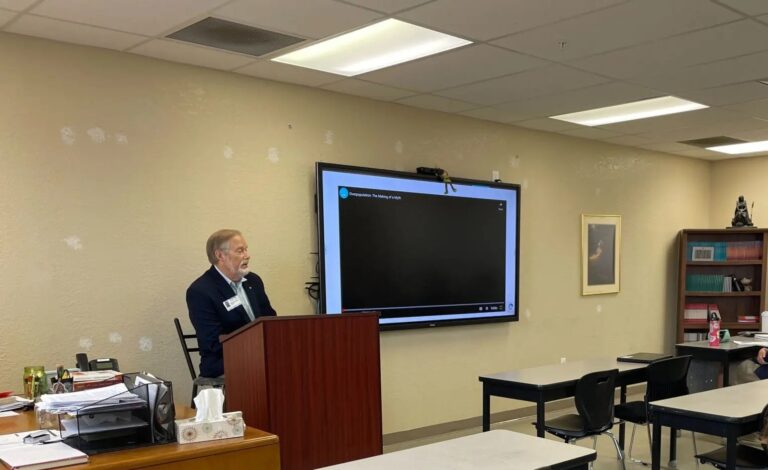The folly of throwing money at population control programs has become increasingly apparent. Likewise, the good done by organizations promoting social and economic development has garnered some attention as well. However, press on the pop-control crowd continues to dominate. Why? Besides the obvious answer that good news gets little press, there are a number of complicating factors reducing the amount of coverage organizations promoting economic and social development receive. These organizations are often difficult to classify: Are they relief agencies? Non-governmental organizations? Charitable organizations? Non-profit organizations? Maybe a little bit of everything? The media tends to shy away from things that can’t be easily pigeonholed.
Companies that promote positive economic and social development are generally less interested in the bottom line than the typical company obsessed with the corporate balance sheet. The average business page reader would hardly pause at the story of a company. Similarly, we are not used to thinking of a charitable organization that measures success according to quarterly balance sheets.
Enter the concept of “social balance.” This concept stresses that an enterprise must not only show positive financial results, but also positive social results. A well-managed and properly funded enterprise can indeed show a good return for their investment. The problem remains in effectively measuring the social side of the balance. Social results arc notoriously difficult to quantify.
The Limmat Foundation of Zurich, Switzerland (wvwv.limmat.org) is a non-profit development foundation that actively subscribes to the concept of the social enterprise, They have found that their ideals are not sacrificed by adopting the entrepreneurial standards of a corporation. For example, Dr. Charles Giroud, Limmat foundation partner and executive director of the Consulting and Service Group B’VM in Bern, says that a business plan clearly stating the financial and social goals of an enterprise goes a long way in making the organization more affective. With a business plan, they have a tool by which to gauge their success both financially and socially.
Limmat Foundations list of achievements is impressive. They are a “foundation off of foundations,” a central gathering point of sorts for various social enterprises pooling their resources to realize a common benefit in projects around the world. Since the foundation’s inception in 1972, Limmat’s success as a social enterprise has yielded a 12.6% five year average com- pound return on investments, according to company reports.
Limmat’s vision is focused on development through training, especially training people how to train others. There is an old saw that states, “Give a man a fish, and he eats for a day. Teach a man to fish, and he eats for a lifetime.” Limmat has amended the old saying in accordance with their vision: “If you teach a man to teach others to fish, you will solve his entire community’s problems for life.”
The effects of the Limmat Foundations work are felt far and wide. In 1997 for example, they participated in 13 projects across 12 countries. From the construction and furnishing of an educational center in rural Lipari, Bolivia, to the creation of a vocational training center in Ibadan, Nigeria, to promoting child neurology programs in Kazakhstan, Limmat has been instrumental in establishing institutions that will benefit communities for years to come.
Part of the key to Limmat’s success stems from the long-term sustainability of their projects. The Foundation secures this by identifying a local partner that is equipped to continue the project after the Foundations initial start-up involvement Long after the halcyon days of a project’s inception are gone, the institutions established by Limmat continue to function. Moreover, they continue to effect change for the good while also providing a positive financial result where they were established.
Thomas Papeika is a freelance journalist who writes from Martinsburg, West Virginia.










